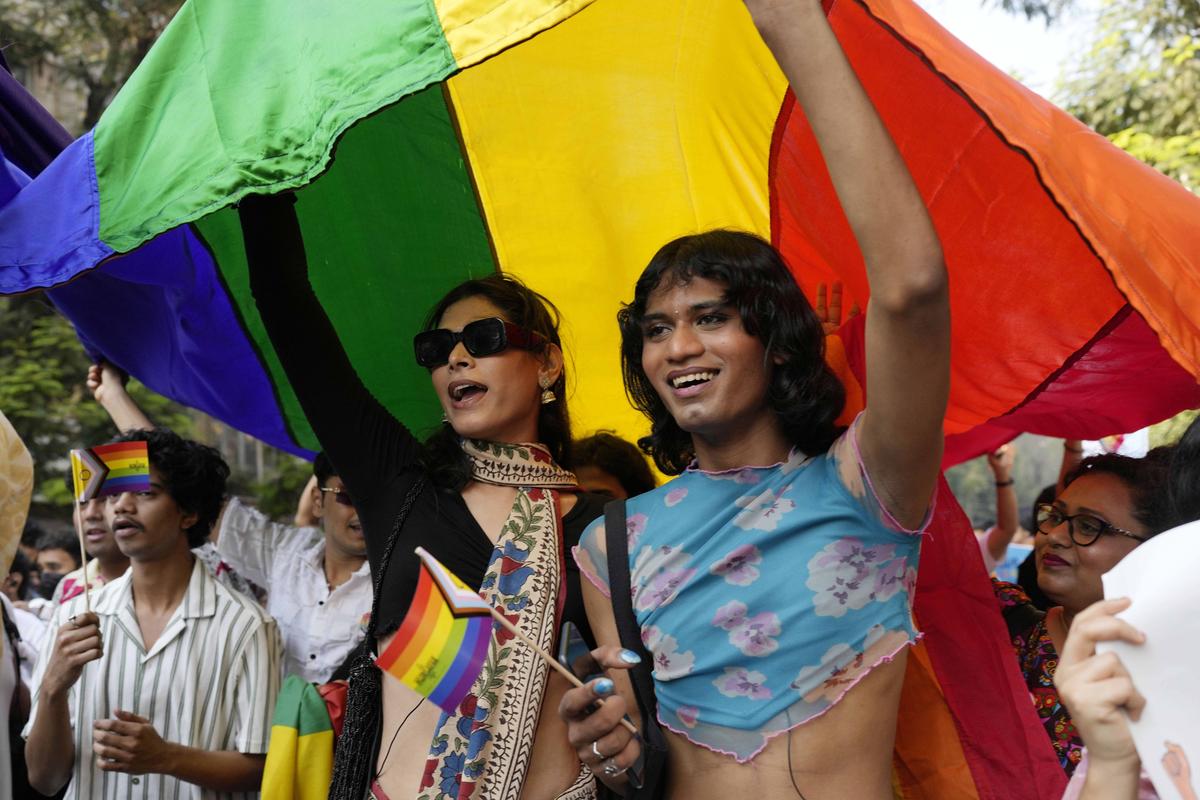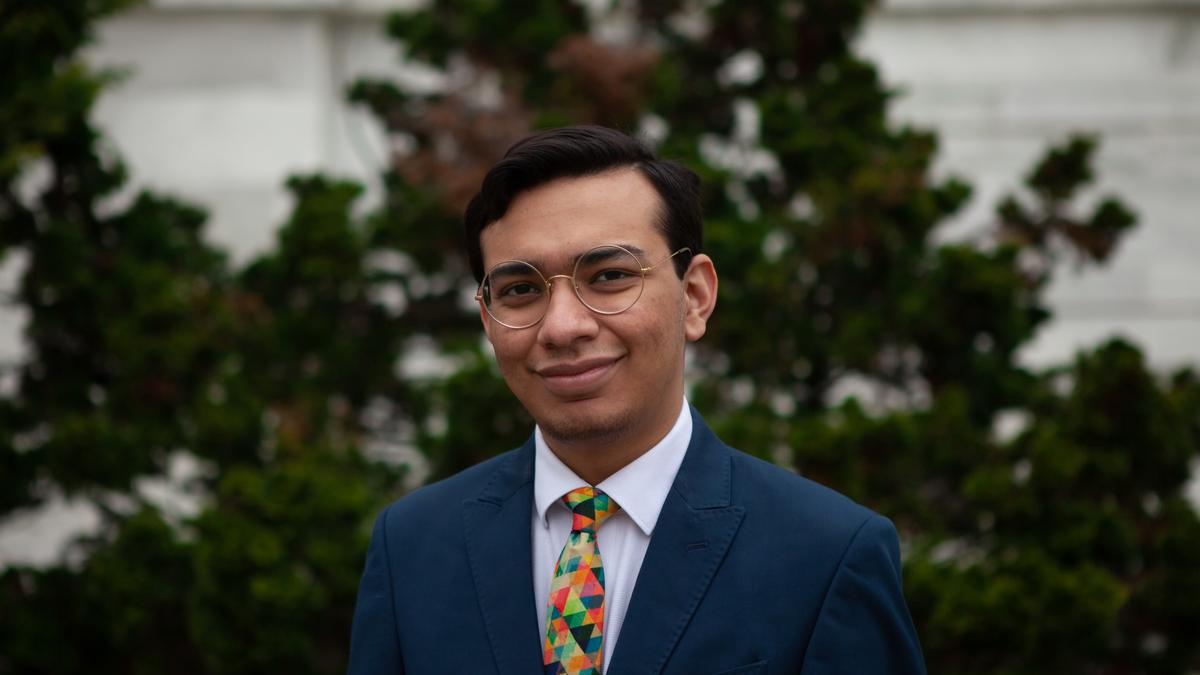Rohin Bhatt
| Photo Credit: Special arrangement
Lawyer and activist Rohin Bhatt was an active part of the marriage equality case. Bhatt and others have been pushing for inclusivity for the community at the Supreme Court, and their efforts have led to positive changes. In a new book, The Urban Elite v. Union of India, Bhatt delves deeper into the proceedings and what the future may hold for queer rights. Edited excerpts from an interview:
We have all heard the tirade about the Indian queer community being ‘urban elites’, what would you like to say about it?
There are two parts to it; the first is obviously the title of the book. I think it becomes important to turn that mockery on its head and perhaps reclaim the word and call ourselves the ‘urban elite’. Assuming for a minute that queerness is only limited to the urban elite, does that mean that the Constitution does not work for us? The answer is no. But if you look at the petitioners — and Chief Justice D. Y. Chandrachud’s judgment traces the backgrounds of each of the petitioners — you will see that a wide range of people were a part of it, from people from marginalised castes to Catholics. The whole process of using this urban elite definition was to kind of disenfranchise the queer community. One would expect that arguments, especially when advanced before the Supreme Court, would be based squarely on legal points, but we’ve seen ad hominem attacks on the petitioners across the board in human rights litigation, on the lawyers for the petitioners and also on the motivation behind the demands of petitioners.

At a Pride march in Mumbai.
| Photo Credit:
AP
After the setback in court on marriage equality rights, what is the way ahead for the Indian queer community?
Regarding the marriage equality litigation, reviews were filed but were later dismissed, and now is the time to figure out how do we go ahead as a community. There are multiple demands from within the community, like horizontal reservations, challenges to The Transgender Persons (Protection of Rights) Act , etc. that are diverse, and there seems to be an ad hoc-ism in how we take issues to the courts. We must be more focused on how and when we go to court and it is a path that should not be drawn only by lawyers.

Who should drive the agenda?
The queer movement is still very lawyer dominated; it is time to democratise it, and that can happen through decentralisation of the movement. The demands from the queer community in Manipur are very different from what is happening in the southern States or in Gujarat or Delhi. Litigation will eventually end up in the Supreme Court and in Delhi because of the nature of the way things are run in our country, but it’s time lawyers like us take a step back. The agenda ought to be driven more from a bottom-up approach by the communities around the country. The second part would be to draw up a manifesto. I have avoided drawing up a manifesto because it’s not one person’s job. It is essential that we have conversations within the community and then build solidarities with other movements as well.
The Urban Elite v. Union of India: The Unfulfilled Constitutional Promise of Marriage (In)Equality; Rohin Bhatt, Penguin Random House, ₹499.
The interviewer is an independent writer, journalist and translator based in Allahabad.
Published – February 14, 2025 09:03 am IST
